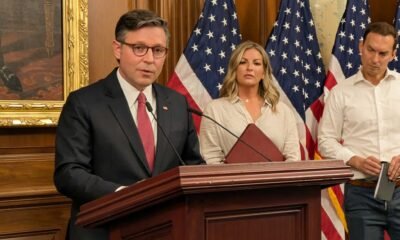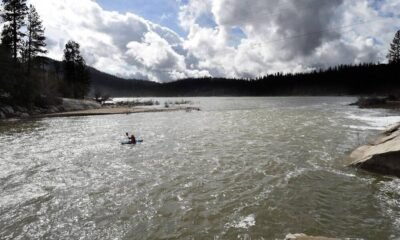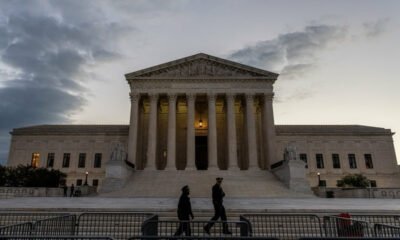arizona
Senate Parliamentarian Rejects GOP Plan to Auction Federal Lands

A Senate proposal to auction millions of acres of federal lands aimed at funding President Donald Trump’s budget has been dismissed by the Senate parliamentarian. The proposal, originally spearheaded by Sen. Mike Lee of Utah, intended to make over 250 million acres of Western lands available for sale, although it would limit these sales to roughly 3 million acres.
The initiative faced intense criticism from a diverse coalition, including conservationists, hunters, anglers, and elected officials. Scott Braden, executive director of the Southern Utah Wilderness Alliance, remarked on the backlash, stating it underscored the proposal’s unpopularity. He emphasized the ongoing commitment to resist any future attempts to privatize public land.
Following the parliamentarian’s ruling against the original measure, Sen. Lee pledged to revise it by excluding national forest lands and narrowing the Bureau of Land Management’s land offerings to those within five miles of urban centers. He asserted a focus on safeguarding the interests of farmers, ranchers, and outdoor enthusiasts.
This development occurred shortly after the House of Representatives removed a related amendment that sought to permit public land sales in specific counties in Nevada and Utah, including areas adjacent to Zion National Park. Maps associated with the initial proposal indicated potential sales near prominent national parks such as Yellowstone and Death Valley, raising concerns about whether these lands would be vulnerable to development.
Tracy Stone-Manning, president of The Wilderness Society, hailed the ruling as a victory for public interest. She stressed the importance of keeping public lands accessible for future generations and noted the growing opposition to privatizing these areas.
Dr. Carrie Besnette, CEO of the Trust for Public Land, echoed these sentiments, calling the ruling a significant win in protecting public lands. She warned, however, that threats to these lands persist, citing proposals that could undermine prominent conservation efforts like the Great American Outdoors Act.


















